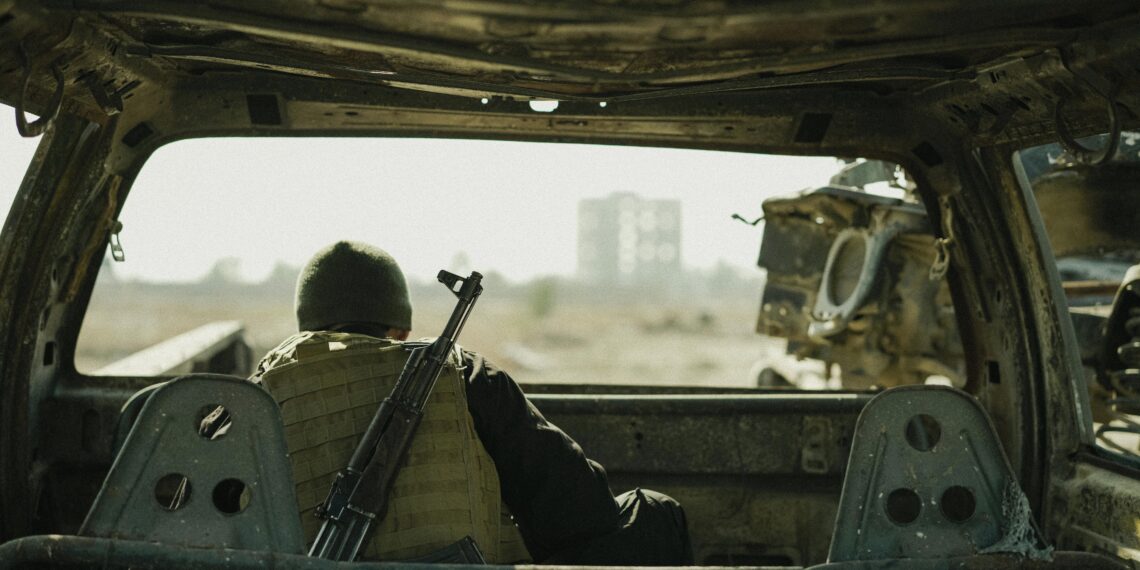In the hushed hours before dawn, our team huddles around flickering monitors. Every pixel, every chipped brick, every stray beam of morning light must serve a single purpose: to breathe life into a world where moral lines blur beneath the weight of survival. This is the crucible where we forged the warzones of Cost Of War, not as mere backdrops for firefights, but as living, breathing characters in our story—places scarred by conflict, echoing with the voices of those who once called them home.
Scouting the Rubble: Authenticity Through Research
Months before the first concept sketch, our art leads and narrative designers scoured real-world battlefields. We trekked through abandoned villages, cataloguing decaying husks of homes, the way sunlight filters through broken rooftops, and the unsettling silence that precedes an ambush. Every photograph, every audio recording of distant artillery, was fed into our engine. We wanted players to feel the cold bite of a dawn wind, the metallic tang of dust in their lungs, and the unspoken sorrow in every toppled statue.
Back in the studio, our environment artists pored over reference boards—hand-drawn maps, satellite imagery, and drone footage. We studied bomb craters that had become garden beds, and streets where children once played, now twisted into minefields. This obsessive attention to detail laid the foundation for a world that refuses to feel fabricated or sanitized.
The Alchemy of Atmosphere: Light, Sound, and Scent
Realism in Cost Of War isn’t only visual; it’s sensory. Our audio team designed an adaptive soundscape that shifts subtly with every step. Pebbles underfoot, the distant hum of a helicopter, whispered prayers in a half-ruined chapel—all layer together to pull players deeper into the narrative.
Lighting is our silent storyteller. A shaft of golden light cutting through a shattered window can speak of hope. A flickering streetlamp can signal danger around the next corner. We built a dynamic day-night cycle, but tempered it: firefights at night are sudden and disorienting, pulses spiking when flashbangs crack open the dark.
Destruction as Dialogue: Environmental Storytelling
Every collapsed pillar, every bullet-ridden storefront must convey a fragment of the larger narrative. Our level designers scattered personal effects—torn photographs, hastily scrawled letters, half-empty ration cans—to hint at lives interrupted. Players might find a child’s toy near a makeshift barricade, or a rusted wedding ring amidst the rubble. These silent vignettes transform each mission from a series of objectives into a journey through human loss and resilience.
But authenticity demands restraint. We debated endlessly where to place a burning car or how many bodies to show in a mass grave. Too graphic, and we risked desensitizing; too subtle, and we lost emotional impact. The final balance emerged from countless playtests, with feedback rooted in empathy rather than shock.
AI and Tactical Believability
Behind the ruined facades, AI soldiers operate on a layered hierarchy of objectives and emotional states. They don’t simply run to cover or circle-strafe; they flinch at explosions, shout orders, and even hesitate when faced with civilian structures. This behavioral complexity demanded months of iteration: refining navigation meshes through collapsed buildings, scripting ambush points that felt organic, and programming AI to adapt to the environment—using broken walls to flank, or retreating when outgunned.
Our goal was a dance of tension: players learn to read enemy patterns, but never forget that chaos looms at every turn. No two firefights play out the same way, because the warzone itself is an unpredictable partner.
Bringing Emotions to the Battlefield
Crafting visceral environments is only half the battle. We wanted players to carry the weight of their actions. After a high-stakes raid, the camera pans across a devastated house, and we let the lingered silence speak volumes. A single soundtrack cue—a distant piano in a bombed-out church—pulls at the heartstrings. Then, almost imperceptibly, the HUD fades, forcing players to process the aftermath without distraction.
These are the moments that define Cost Of War: the soldier who finds a journal entry detailing a family’s last days, the whispered apology after a tragic misfire, the reluctant solidarity formed across enemy lines. Our environments are the canvas on which these stories unfold, each ridge and ruin guiding player emotions from adrenaline-fueled action to quiet reflection.
“”A warzone isn’t just about bullets and bloodshed; it’s where hope battles despair. Every detail we place is an invitation for players to stop, look, and feel.””
— Elena Morales, Environment Art Director
Beyond the Frontlines
From the earliest sketches to the final QA passes, our commitment remained the same: to honor the complexity of modern conflict. Designing realistic warzones demanded more than technical skill; it required empathy, humility, and an unwavering respect for those who endure war’s unimaginable costs. When players step into Cost Of War, we want them to carry that respect forward—seeing not just a shooter, but a mirror reflecting the human capacity for resilience amid ruin.
In every gust of wind that stirs dust across a shattered square, in every echo of distant gunfire, lies a story waiting to be told. Our environments aren’t just maps to traverse—they’re testaments to the choices we make when confronted with crisis, and reminders that, in war, the greatest battles often happen within.







